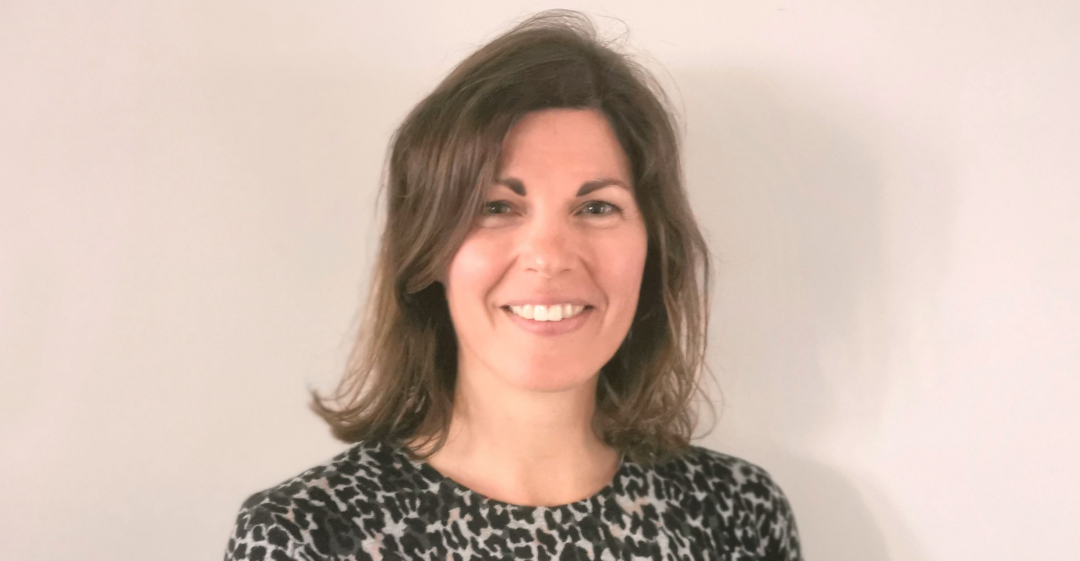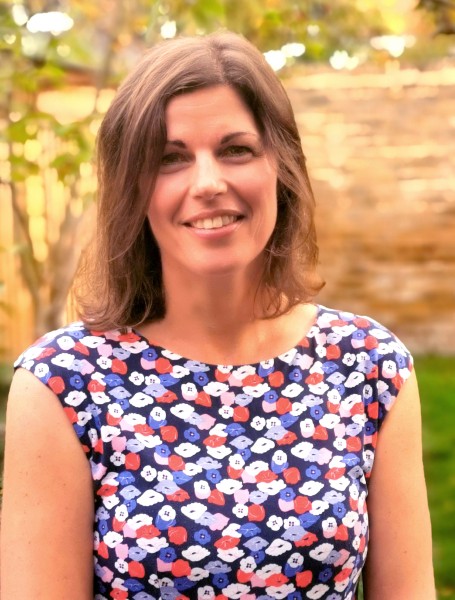“Working from an office felt so rigid and soulless.”

What work were you doing previously?
I was Charity Account Manager for a not-for-profit organisation.
Prior to that I was Head of Corporate, Events and Trusts at a mental health charity, having worked my way up as a corporate fundraiser.
What are you doing now?
I have a portfolio career working from home:
1. I'm a Certified Positive Intelligence Mental Fitness Trainer and Facilitator based on the work of Shirzad Chamine's New York Times bestselling book Positive Intelligence and Stanford Lectures. I facilitate and lead his 6-week mental fitness PQ program so that people become mentally fitter.
2. I work in the Commercial Team at Virgin Money Giving as a commercial partnerships manager responsible for securing new income streams for charities.
3. I'm an internal executive and leadership coach within Virgin Money.
How did you feel in your work before you decided to make the change?
I went through phases of loving my job, then going through phases where I felt unfulfilled, bored, and kept asking myself "Is this it?"
I really disliked working from an office; it felt so rigid and soulless. Whilst I liked my colleagues, the commute and office environment just weren't for me.
Why did you change?
My dad was a farmer and I grew up knowing that he absolutely loved what he did.
Ever since I left school, I've been on a quest to find work that I love, too.
Whilst I'd changed careers in the past, I still hadn't found the 'thing' that truly fulfilled me and played to my values, strengths, interests, favourite skills and ideal work environment.
I was also nearing my 50th birthday and I knew something had to change.
Plus I wanted to be a role model to my own children.
When was the moment you decided to make the change?
I'd applied to go to an Advanced Internal Coaching Academy at work. I found I absolutely loved the course, the training, and the situations / learning environments we were put in.
Our first assessment was to coach someone in a netball team, then present in front of a room full of Year 6 children sharing 'How my school education shaped the person I am today'. Then, later in the training I coached a prison inmate.
I'd always been interested and curious about human behaviour / psychology; plus my husband was amazing at always putting a positive spin on any situation / challenge he faced, so this sparked my curiosity even more – howcome he was so positive and at times I was so negative, sometimes being martyr-like in my reactions to certain situations?
How did you choose your new career?
I decided to do the Careershifters Career Change Launch Pad. This was the catalyst I needed, to help me get out of my head and into action.
I wanted to make sure that my next career choice was right for me, as I felt like time was running out and I still hadn't found what I was looking for.
Are you happy with the change?
Absolutely. I couldn't be happier.
I get the security of a monthly income through my employed part-time role, plus I get to create and build a new stream of income part-time, through self-employment. I feel I get the best of both worlds.
I love the variety, the people I meet, the freedom, and the flexibility to work from home. Plus, I'm mentally fitter and stronger. I walk the talk and practise building my three core mental fitness muscles through Positive Intelligence.
As a result I'm more content, happier, and I have better relationships with work colleagues, friends, my children and my husband.
I also perform better at work, given I now take action with a clear head. I don't self-sabotage nearly as much through avoiding certain tasks or difficult conversations, jumping from one thing to the next without giving 100% focus, or constantly striving for the next thing.
I'm much kinder and more compassionate with myself now. I don't beat myself up when I make a mistake or something goes wrong. In the past I would have done!
What do you miss and what don't you miss?
I don't miss the commute into London or working in the office!
How did you go about making the shift?
I got really curious and spoke with lots of people who worked in different careers.
I used my networks to have lots of different informational interviews.
I thought about going back to university to train as an Occupational Psychologist. However, after speaking with a few people in that field, I decided it wasn't right for me for a number of reasons – mainly it was theoretical, involved lots of research and essay writing etc, plus it cost lots of money to retrain.
Instead, I decided to start a Counselling Level 2 course at my local college, one day a week, which I absolutely loved. I then went onto Counselling Level 3 and in the same year started a professional coaching course and qualification so I could get accredited.
At the same time, I read about Shrizad's Chamine's Grant programme and after reading his book, Positive Intelligence, decided to also do his course, which involved two evenings a week for 90 mins for a whole year.
How did you develop (or transfer) the skills you needed for your new role?
Over a period of time.
As I've worked in marketing, then in a fundraising / sales role, I was able to transfer my interpersonal skills (i.e. building rapport, etc.) quite easily to the work I now do as part of my portfolio career.
The other skills I built through going on the training courses.
What didn't go well? What wrong turns did you take?
My own mental health suffered.
I was so determined to make the change as fast as possible, instead of enjoying the journey and being grateful for all I already had.
How did you handle your finances to make your shift possible?
I stayed working part-time with my existing company.
I also saved monthly whilst making the transition.
The Covid lockdowns helped me to save more, given that I wasn't travelling into London, spending money on lunch, or going abroad on holidays.
What was the most difficult thing about changing?
Courage and self-belief that it would all work out, especially as I was nearing 50.
What help did you get? 
My husband was super supportive – I think it’s very important that your partner is onboard.
I also worked with a coach and still have one.
What resources would you recommend to others?
I've read multiple books on career change, multiple books on personal development / human behaviour as these all spark my interest.
Definitely get a few people to champion you whilst making the change.
Your mindset is critical. And setting aside time, either daily or weekly, to make change happen is, too.
What have you learnt in the process?
The power of connecting with other people who either work in the career you'd like to get into or who have already been through a career change themselves.
It's a journey, not a destination. I've learnt to enjoy the journey. To slow down. Mental Fitness is everything.
What would you advise others to do in the same situation?
Really understand your values, favourite strengths, favourite skills, interests and passions, motivators, and ideal work environment.
Get really curious. Explore anything and everything that sparks your interest.
Connect with people.
Get into action. Experiment with side projects. Use Ted Talks and YouTube for inspiration.
Set aside regular time slots each week to do the above.
What lessons could you take from Hazel's story to use in your own career change? Let us know in the comments below.
Hazel took part in our Career Change Launch Pad. If you're ready to join a group of bright, motivated career changers on a structured programme to help you find more fulfilling work, you can find out more here.



